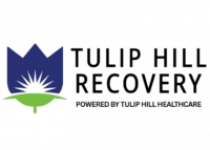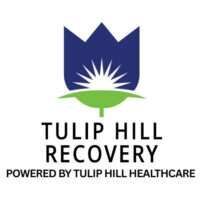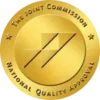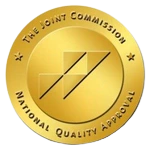Addiction has the power to erode the foundation of even the strongest marriages. When substance use takes hold, it often brings with it a series of painful consequences. Trust, once broken by lies or secrecy, becomes difficult to rebuild. Financial stressors, such as job loss or mounting legal expenses, add additional pressure to an already fragile dynamic. Emotional intimacy fades as one partner feels neglected, while the other becomes consumed by their addiction. In many cases, verbal conflicts escalate, and sadly, instances of physical confrontation may also arise.
According to the National Institute on Drug Abuse, substance abuse increases the likelihood of divorce by up to 40–60%, particularly when addiction goes untreated. This sobering statistic highlights the urgency of addressing the issue. While these challenges can leave spouses feeling isolated, resentful, or hopeless, the path toward healing does exist—and many couples have walked it together.
Can a Marriage Survive Rehab?
Despite the damage caused by addiction, many relationships not only survive rehab but emerge stronger on the other side. The road to recovery, however, is far from simple. It requires consistent effort, patience, and a shared commitment to change. Both individuals in the relationship must engage in the process—not just the one undergoing treatment.
Dr. Rachel Stein, a licensed marriage and family therapist, notes, “Rebuilding a relationship after addiction is like learning a new language—you must unlearn old patterns and listen with intent.”
During rehab, couples may be physically separated, which can be unsettling. This time apart, though, is often essential for reflection, healing, and rediscovering individual identities. With mutual dedication, that space can create a stronger bond built on healthier habits and renewed trust.
Relationship Challenges After Rehab
The journey doesn’t end with the completion of a rehab program. In fact, the period following treatment can present some of the most intense relationship challenges. Rebuilding trust is a slow and deliberate process, demanding consistency and transparency. Communication must evolve from defensive or accusatory exchanges to open, nonjudgmental dialogue.
Fear of relapse can weigh heavily on both partners, particularly the one who stood by throughout the addiction. Navigating these fears while offering support requires balance. Additionally, couples often face a shift in their relationship dynamic. The roles they once played may no longer fit, leading to discomfort and uncertainty. Yet with time and therapeutic guidance, new patterns can emerge.
The Role of Couples and Family Therapy
Couples therapy plays a crucial role in post-rehab recovery. Through guided counseling sessions, partners learn to rebuild communication, set healthy boundaries, and confront unresolved tensions. Family therapy offers a broader lens, addressing how addiction impacted the entire family unit, not just the marriage.
Support groups, such as Al-Anon, offer a vital resource for spouses. These spaces provide emotional support and shared experiences, reinforcing the understanding that no one is alone in this struggle.
At Tulip Hill Recovery, we believe healing addiction is a family journey. Our approach integrates loved ones into the recovery process to help rebuild not just the individual, but the relationships that surround them.
Learn more about our family therapy services.
Strengthening the Relationship After Rehab
In the aftermath of treatment, couples can take deliberate steps to fortify their bond. Regular joint therapy sessions allow both partners to continue working through emotional wounds and foster understanding. Establishing clear boundaries helps manage expectations and prevent misunderstandings.
Celebrating even the smallest milestones reminds each partner of how far they’ve come. Patience is essential. Emotional healing cannot be rushed, and some days will feel harder than others. Above all, maintaining open lines of communication builds a space where both individuals feel heard and supported.
Knowing When It’s Time to Let Go
While many marriages can recover, not all are meant to continue. There are times when letting go becomes the most compassionate option—especially in cases of repeated relapse, abuse, or persistent emotional neglect. Choosing to leave does not signify failure; rather, it reflects a decision to prioritize safety and peace.
If you are experiencing domestic violence or feel unsafe, consult a professional and create a safety plan. You deserve a relationship that fosters your growth and well-being.
Support from Tulip Hill Recovery
At Tulip Hill Recovery, we understand how profoundly addiction affects not only individuals but also the relationships they hold dear. Our comprehensive treatment programs in Murfreesboro, TN, include individual therapy, family counseling, and relapse prevention tools to promote lasting recovery.
If you and your partner are seeking a path forward, or if you’re supporting a loved one through this process, we are here to help you rebuild, renew, and recover.
Explore our full range of treatment options for individuals and families.
Call us today at 629-201-2726 to learn more about our evidence-based treatment programs.



















